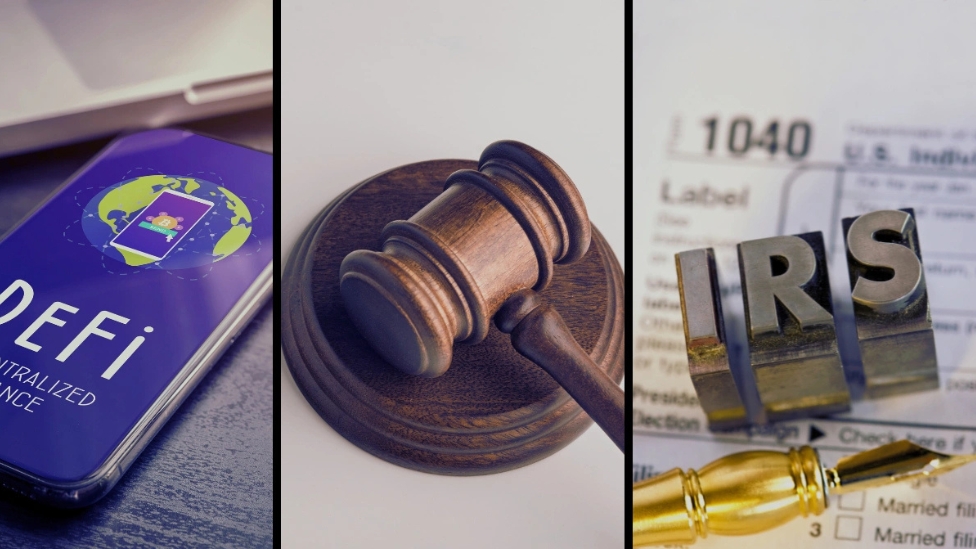Legal Challenge to IRS Regulations
The U.S. Internal Revenue Service (IRS) has been sued by the Blockchain Association, which alleges that the agency’s new rules governing bitcoin brokers are unconstitutional and in violation of the Administrative Procedure Act. The case, which was filed in cooperation with the Texas Blockchain Council and other interested parties, raises issues about how the regulations can restrict creativity and violate people’s rights.
The IRS Regulations’ Scope
On December 27, 2024, the IRS finalised new rules requiring brokers, including decentralised exchanges (DEXs) and other platforms, to provide comprehensive data on taxpayer identification, gross proceeds, and transactions involving digital assets. The goal of these legislation is to increase compliance requirements throughout the bitcoin ecosystem, and they are set to go into force in 2027.
Decentralised Finance (DeFi) Impact
Critics contend that by designating DeFi platforms and smart contract developers as brokers, the IRS regulations may impose a heavy burden on them. This designation could put the development of the DeFi sector in the US at risk by imposing onerous compliance obligations. The Blockchain Association’s CEO, Kristin Smith, underlined the group’s dedication to fostering innovation and making sure the US continues to be a centre for the development of cryptocurrencies and DeFi.
Privacy Issues and Innovation Risks
User privacy is one of the main issues with the regulations. Adding DeFi platforms and software developers to the definition of “broker” could result in the gathering of private user information, which would be extremely problematic. The concerns that the regulations present to users, entrepreneurs, and other ecosystem participants have not been sufficiently addressed by the IRS, according to Marisa Coppel, Head of Legal at the Blockchain Association.
The Possible Effect on the Crypto Industry in the United States
According to the IRS, the rules may affect 2.6 million taxpayers and up to 875 DeFi brokers. Leaders in the industry caution that these policies may push innovation elsewhere, reducing American competitiveness in the global blockchain market. The Blockchain Association has vowed to keep pushing for innovation and privacy, emphasising that new rules may have significant effects on the sector’s future.
The case comes at a pivotal point in the continuing discussion about the proper role of regulation in the quickly changing bitcoin market. The outcome of this court case could influence how blockchain innovation develops in the US going forward as the sector and policymakers try to find common ground.




























